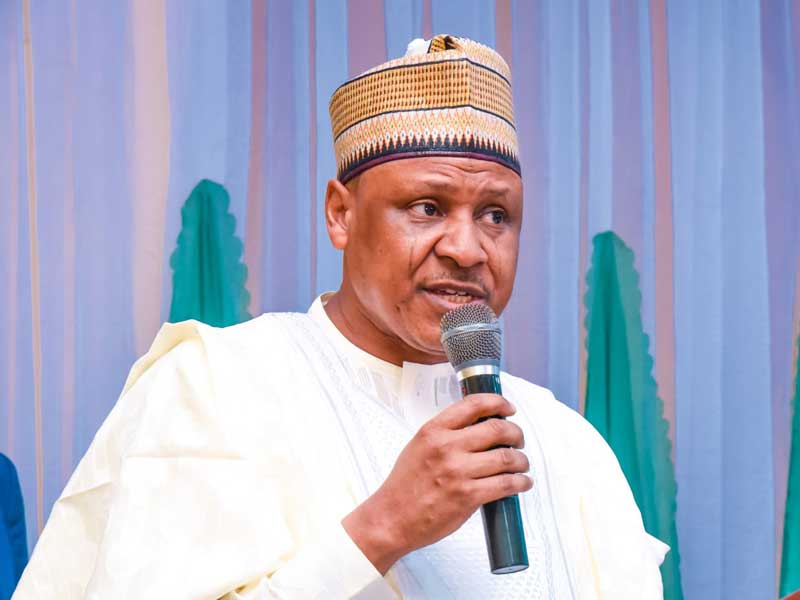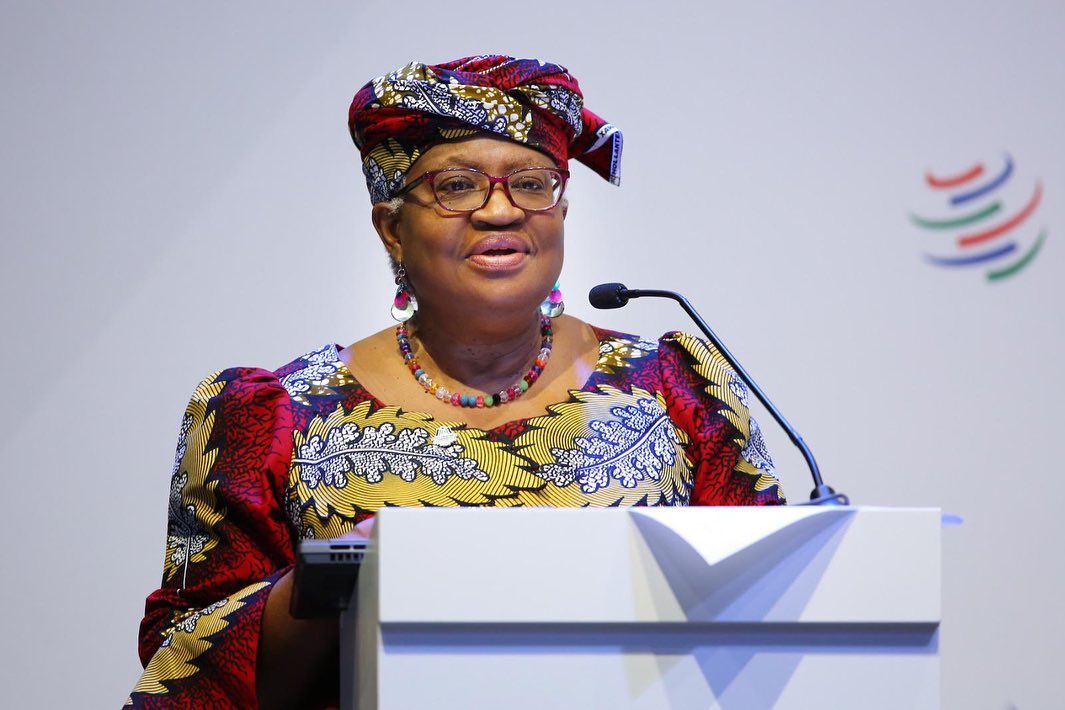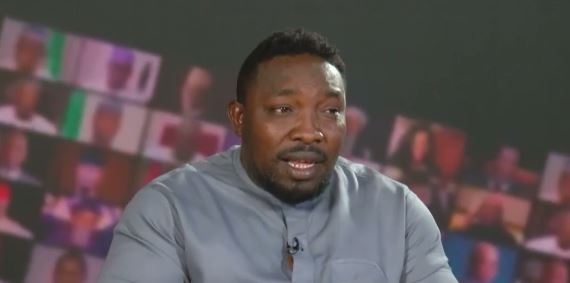Recently, a $150 billion trade deal between the Federal Government of Nigeria and the European Union has stirred up considerable controversy. Here’s what you should know:
The Samoa Agreement Explained
Last November, in Apia, Samoa, the European Union, along with its 27 member states and 79 countries from the Organisation of African, Caribbean and Pacific States (OACPS), signed what became known as the ‘Samoa Agreement’. This new agreement, succeeding the Cotonou Agreement, aims to address global challenges such as climate change, migration, and health.
Nigeria’s Involvement
Nigeria signed this agreement on June 28, 2024, but details only became public recently. Many Nigerians expressed concern, fearing the deal might imply acceptance of LGBT rights, which are illegal in Nigeria under a law passed in 2014.
“The documents signed by the federal government, were strictly for economic development of Nigeria, nowhere in the documents were LGBT or same sex marriage mentioned even remotely, and it would be wrong for anyone to imply that Nigeria had accepted those tendencies. What Bagudu… https://t.co/biubmNKSNx
— Daddy D.O🇳🇬 (@DOlusegun) July 4, 2024
Public Reaction
Former lawmaker Shehu Sani and officials like Abubakar Akande of the Nigerian Supreme Council for Islamic Affairs strongly opposed the agreement, arguing it contradicts Nigeria’s cultural and religious values.
Government’s Defense
Minister of Budget and Economic Planning Atiku Bagudu clarified that the agreement focused solely on economic development and did not endorse LGBT rights. Information Minister Mohammed Idris assured Nigerians that the agreement aligns with Nigerian laws, including the ban on same-sex relationships.
Clarification on LGBT Issues
Initially, the agreement mentioned LGBT rights, but this was later revised to focus on gender equality instead. The final agreement commits to promoting gender equality without mentioning LGBT rights explicitly.
While the controversy continues, the Nigerian government emphasizes that the Samoa Agreement is strictly about economic benefits and aligns with national laws. However, public scrutiny remains high, with calls for transparency and adherence to Nigeria’s values in international agreements.
This summary aims to clarify the key points of the Samoa deal in simple terms for all Nigerians to understand.
























